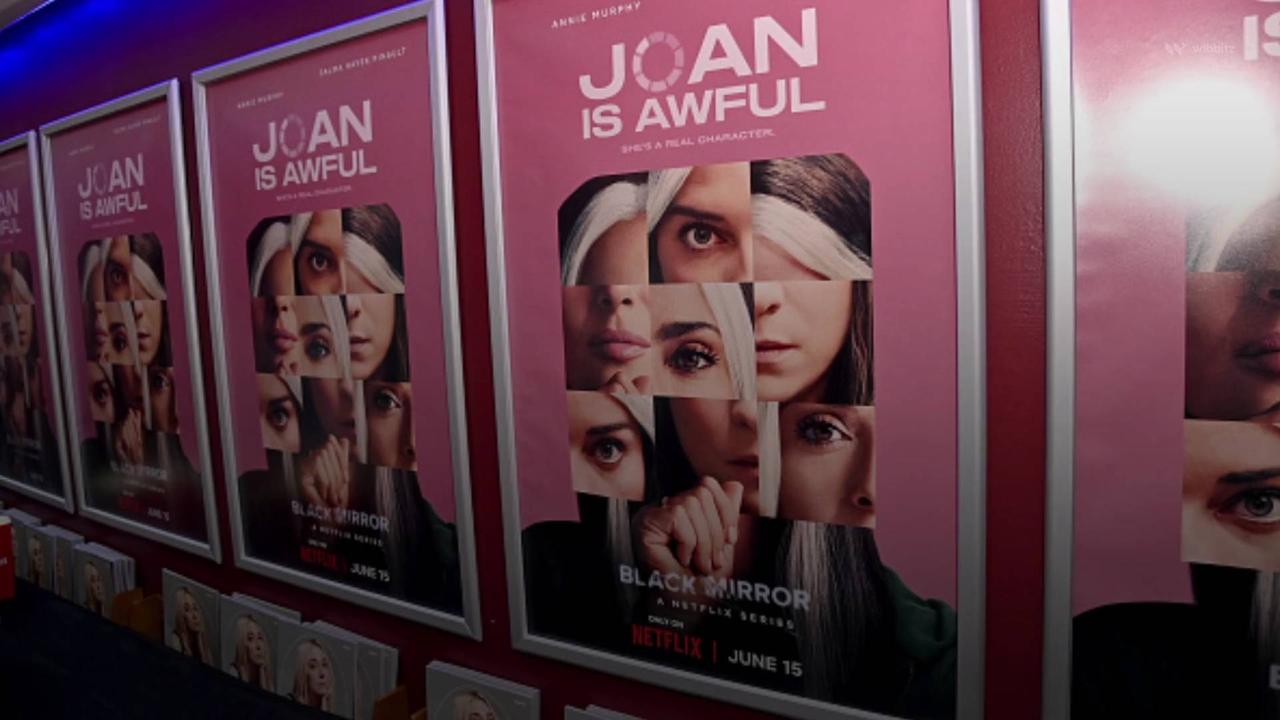
Actors' Strike Parallels, 'Black Mirror' Plot About , AI's Impact on Hollywood.
For the first time in 43 years, actors in Hollywood have gone on strike, bringing the U.S. film and television industry to a halt.
BBC reports that one of the driving forces behind the strike is the emergence of artificial intelligence.
.
The Screen Actors Guild (SAG-AFTRA) warned that "artificial intelligence poses an existential threat to creative professions" as the strike went into affect.
SAG-AFTRA's chief negotiator, Duncan Crabtree-Ireland, accused studios of seeking the ability to make scans of actors and use their likeness , "for the rest of eternity, in any project they want, with no consent and no compensation.".
People have been quick to point out that the situation closely resembles an episode of Charlie Brooker's 'Black Mirror.'.
People have been quick to point out that the situation closely resembles an episode of Charlie Brooker's 'Black Mirror.'.
The latest season includes an episode titled 'Joan is Awful,' in which a Hollywood star grapples with the discovery that their AI likeness can be used without their knowledge.
We're seeing this technology used in a range of things like automated audiobooks, synthesized voiceover work, digital avatars for corporate videos, or also the role of deepfakes that are being used in films, Liam Budd, U.K. acting union Equity, via BBC.
The rapid emergence of AI over the past year has thrown the concept of ownership of one's likeness into question.
BBC reports that whenever someone inputs their likeness into an AI-generated portrait app, the images produced remain in the public domain and free to use by anyone.
BBC reports that whenever someone inputs their likeness into an AI-generated portrait app, the images produced remain in the public domain and free to use by anyone.
It's strange to me that your face and your voice is less protected than your car, your laptop, your phone, your house or your books - but that's the state of the law today, Dr. Mathilde Pavis, lawyer who specializes in digital cloning technologies, via BBC
